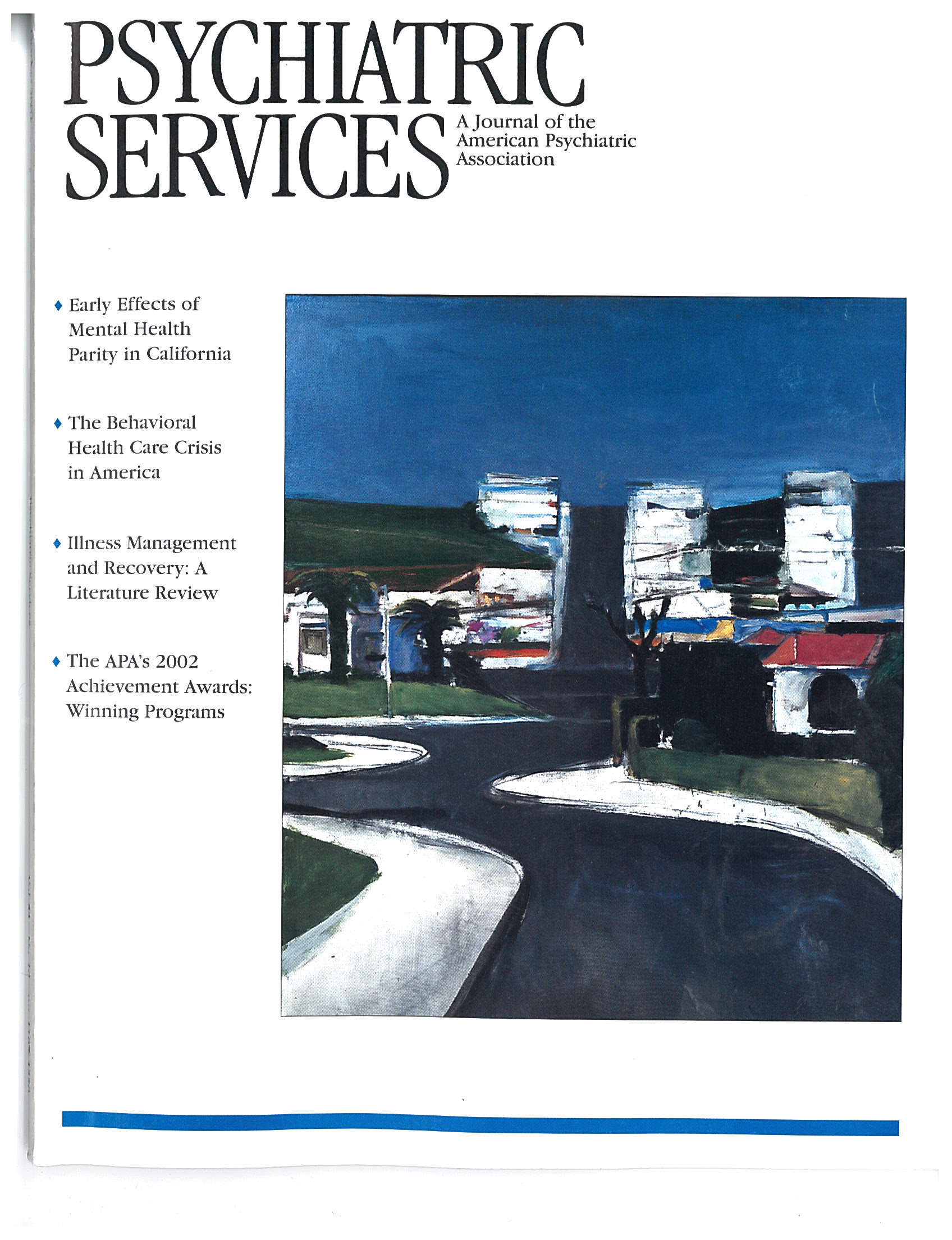The Emergency Medical Treatment and Active Labor Act of 1985 and the Practice of Psychiatry
Abstract
The landmark federal Emergency Medical Treatment and Active Labor Act of 1985 (EMTALA) requires that all patients who seek emergency treatment be given an adequate medical screening examination and prohibits discrimination on the basis of patients' ability to pay. Although the impact of EMTALA on psychiatric practice is clinically, ethically, and legally significant, many psychiatrists have had little formal training in the provisions of this legislation, and little discussion of it is found in the psychiatric literature. EMTALA will become increasingly important in a managed care environment with diminishing psychiatric resources and increasing demand to treat persons who are indigent or underinsured. Physicians familiar with EMTALA's provisions will be able to use the legislation to act in the best interests of their patients despite competing institutional and economic pressures. The authors present a brief history of EMTALA, followed by a summary of the major points of the legislation. They illustrate the "ten mandates of EMTALA" with clinical cases drawn from a typical psychiatric emergency service.



